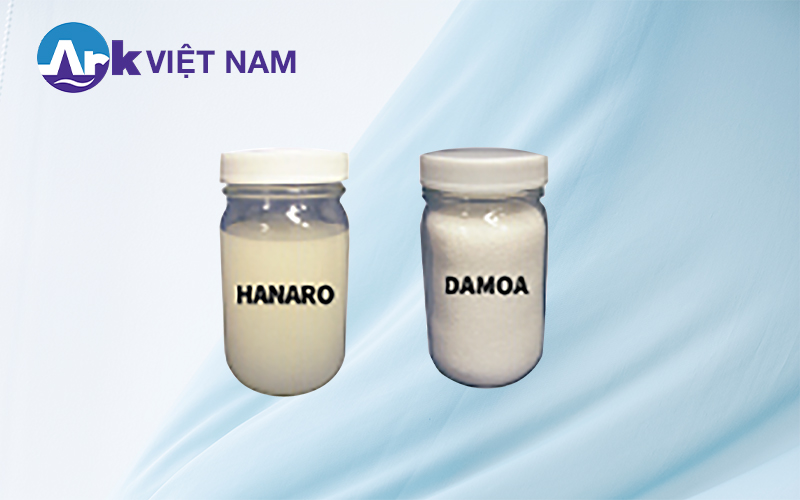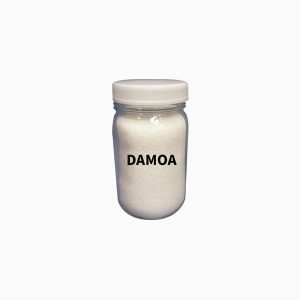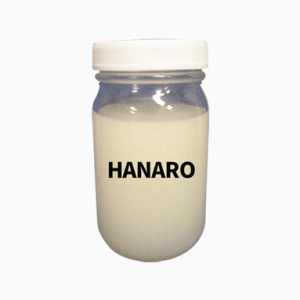No.1 | Customer name | Contract code | Delivery time | Polymer Type | Estimates Quantity/ Month | View |
1 | GREEN STAR | NSX-220507-ARK | 1Times/ Month | LIQUID MX 6215 - JAPAN | 1000 KG | |
2 | DAESANG | 240315/HĐNT/MK-ARK | 1Times/ Month | LIQUID MX 6215 - JAPAN | 100 KG | |
3 | MK CHEMICAL | 240301/HĐNT/MK-ARK | 1Times/ Month | POWDER CATION/ANION - SNF KOREA | 1000 KG | |
4 | DUC HIEN QUANG TRI | 240301/HĐNT/ĐHQT-ARK | 1Times/ Month | POWDER CATION 4190 - SNF KOREA | 500 KG |
Polymers in Wastewater treatment
Using polymers is one of the modern wastewater treatment solutions. Contributing to simplifying the process and reducing the associated costs in the beginning. Traditional processing methods with manual methods are wasting a lot of time and labor effort. It is a matter of concern in wastewater treatment plants.

As well as auxiliary equipment in the processing. Demand of polymer today is huge and is a large market. Investors, factory owners understand that polymers are treating the symptoms and root causes of wastewater treatment problems. The application of polymer compounds is necessary when replacing traditional complexes containing iron and aluminum. Iron and aluminum-based coagulants are effective in removing phosphorus from wastewater. But it entails other problems that only polymers can completely solve.
Advantages of using polymers
In the past, the polymer production process was complicated, expensive, and time-consuming. However, new advances in organic chemistry have reduced the cost of polyacrylamide. Strings polymer obviously heavier and denser than iron and aluminum. The settling and coagulation of suspended solids in wastewater are more efficient. In addition, polymers are safe for human health, including long-term exposure. They have been certified, licensed, applied in both the pharmaceutical and cosmetic industries.
In wastewater treatment plants, polymers are mainly used to assist in the consolidation of the sludge before pressing the sludge to dry. The discharged sludge is initially a mixture of 5-10% suspended solids and 90-95% water. Clean water has a fairly large density, so the volume of a liquid sludge mixture containing 9/10 water is extremely large, expensive to move and treat.
The sludge dewatering reduces the water content, making the sludge treatment cost cheaper and more efficient. Especially when the suspended solids have been precipitated under the excellent effect of polymers, thereby reducing energy consumption in the slurry pressing process. The key point here is that the volume of sludge is significantly reduced because it is drier, easier to transport to the landfill.
What are the considerations when choosing polymers for sludge dewatering?
Polymers used in sludge presses must depend on different production fields. However, to choose the right polymeric coagulant, customers must pay attention to the following issues:
- Understand the characteristics of sludge, wastewater in the compression tank from own factory.
- Choose to buy polymers from reputable suppliers with high expertise in product properties, accurately advise for customers.
- Polymer solutions should have a stable proportion, to create the best flocculation for sludge. If too much polymer is used, discharged water will be viscous, making the next processing stage is difficult.
Using polymers of ARK Vietnam, is that you chose the right reputable service unit. We have a deep knowledge of technology. At the same time, we always looking for solutions to improve quality and innovate the production line. The customer's goal is our orientation. The customer's vision is our future where the best can still get better.
Contact ARK Vietnam for a free consultation, order quickly:
Phone number: 0977.675.754 (Mr Truc)Website: www.arkvietnam.com
Email: arkvn234@gmail.com
Hanoi Office: 5th floor, N03-T7 Diplomatic Urban Area, Xuan Tao Ward, Bac Tu Liem District, Hanoi.
HCMC Office: 68 - 70 Hoang Dieu Street, Ward 13, District 4, HCM City.


